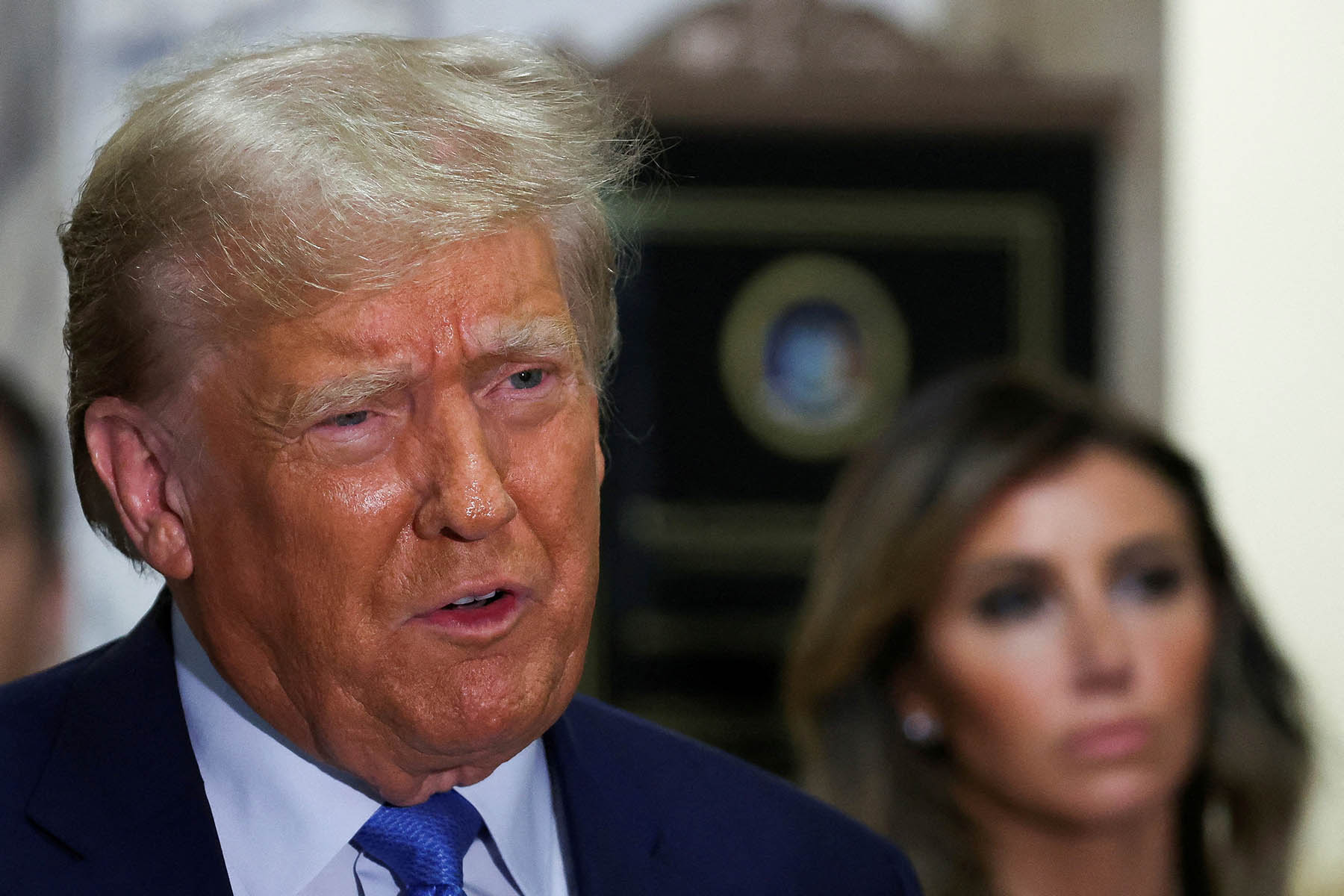
November 17, 2017: Federal Judge Says Australian Court Cannot Tell US-based EFF To Take Down Article
A federal judge ruled that an order issued by an Australian court to take down an article published by the Electronic Frontier Foundation could not be enforced in the United States. EFF had published a story on June 30, 2016 that featured the Global Equity Management (SA) Pty Ltd (GEMSA) in its “Stupid Patent of the Month” series. Arguing that it had been defamed, GEMSA secured a order from the Supreme Court of South Australia that EFF must censor its article and not publish anything more regarding GEMSA’s patents.
Courthouse News Service>U.S. District Court Opinion
Electronic Frontier Foundation v. Global Equity Management (SA) Pty Ltd., United States District Court for the Northern District of California, Case No. 17-cv-02053-JST, November 17, 2017
U.S. District Judge Jon Tigar ruled that the ruling of the Australian court censoring EFF’s article could not be enforced under U.S. and California law. Among other shortcomings, the judge said that the “injunction would not withstand U.S. First Amendment scrutiny because it is a prior restraint.”
Courthouse News Service>Speech Act, 28 U.S.C. Sections 4101-4105
The Act says in part:
Sec. 4102. Recognition of foreign defamation judgments
(a) First Amendment Considerations.—
(1) In general.–Notwithstanding any other provision of Federal or State law, a domestic court shall not recognize or enforce a foreign judgment for defamation unless the domestic court determines that—
(A) the defamation law applied in the foreign court’s adjudication provided at least as much protection for freedom of speech and press in that case as would be provided by the first amendment to the Constitution of the United States and by the constitution and law of the State in which the domestic court is located; or
(B) even if the defamation law applied in the foreign court’s adjudication did not provide as much protection for freedom of speech and press as the first amendment to the Constitution of the United States and the constitution and law of the State, the party opposing recognition or enforcement of that foreign judgment would have been found liable for defamation by a domestic court applying the first amendment to the Constitution of the United States and the constitution and law of the State in which the domestic court is located.
Cornell Law>Tags



